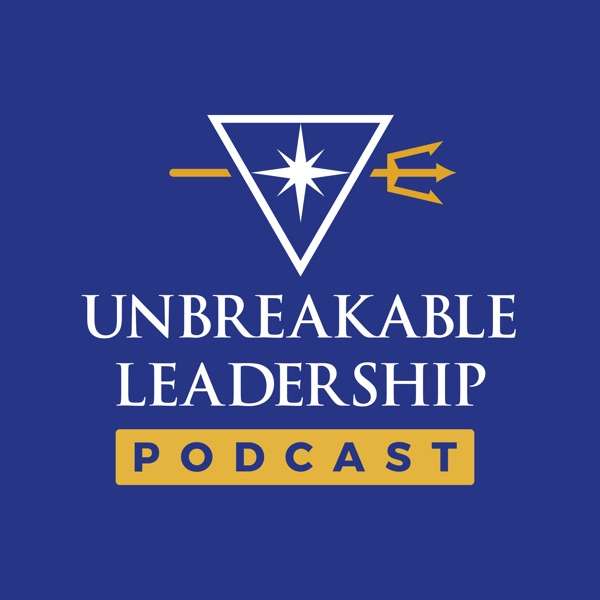“I wish I could, but I just can’t”.
Have you ever heard that phrase and thought to yourself, “yes, you could. You just don’t want to”? Have you ever said that to someone, but known that it wasn’t the whole truth?
In this episode of So Here’s My Story, we talk about priorities, telling the truth, and personal sovereignty.
Why is that important for business?
Instead of taking ownership of how you chose to spend your time, “I wish I could” can feel like an abdication of responsibility for your own priorities.
It is okay to chose not to devote your time I have to each thing you may want to do. If you want to claim that something is important to you, it almost always comes with the responsibility of giving it time or energy. There needs to be an internal acknowledgment and recognition that, at the end of the day, you may not care enough about that thing to give it what it needs.
There is also the external side to this conflict, which is how you deal with priorities externally; how do you take responsibility for what is and what is not a priority when presented with opportunities?
When faced with an opportunity, there are some essential questions to ask: Should I do x? If so, how do I do x? If you really truly want to say yes, you have to want to do it enough to transition to that second question. Then you need to reassess once you take the measure of the how – is this still a priority now that I know what time, energy or resources are involved in making it a priority?
For instance, there are infinite ways to market your business, but despite your wanting, you cannot make them all a priority (and as Stephen Covey found, you shouldn’t make them all a priority).
Ask: am I willing to give my time to this? That is the most unignorable diagnostic question to ask to determine whether you really want it or not.
Time and attention are like a walk-in closet – if you want to add something new, you have to like it enough to take out something else, reorganize the closet, (or hire a new closet, which is kind of where the metaphor falls apart a bit).
As Eliot’s friend and top corporate trainer Ahmad Alafaliq says, this is about personal sovereignty, and acting like the sovereign of your own kingdom.
So how do you go about communicating these priorities to the outside world when presented with another opportunity? The annoying answer: tell the truth.
Part of the reason that telling the truth feels hard is that we only think about the part of the truth that is hurtful. The whole truth isn’t hurtful. We often think of honesty as setting off a bomb and leaving carnage, whereas we would do better to think of it as adding ingredients to the soup. If you are withholding some of the ingredients, it isn’t your soup.
The beauty of the truth is that it is something you can lean back on; it is much simpler than anything that has to be bent into a shape. If you lean back on the truth and avoid trying to control the response, then you don’t have to have it all figured out. That being said, choosing your words and practicing and getting the will to speak your truth is a practiced art.
Sometimes, just mustering the courage to say “I have something hard to tell you”, and then letting gravity take over, is all you need to begin.
What story do you want to tell?
So, that's our story... now, we want to hear yours!
Pull up a chair and join the conversation in our Facebook Group: bit.ly/shmsgroup
OR...
Shoot us an email: talktous@soheresmystory.com
Connect with @SHMSpodcast on Twitter: https://twitter.com/shmspodcast
Text the word STORY to 345345 to get access to bonus content and weekly episode delivery.
Want to support us?
Love this podcast?
Please tell your friends, post about us, or take moment to review us & subscribe on iTunes, Stitcher, or wherever you listen to the podcast!

 Our TOPPODCAST Picks
Our TOPPODCAST Picks  Stay Connected
Stay Connected







